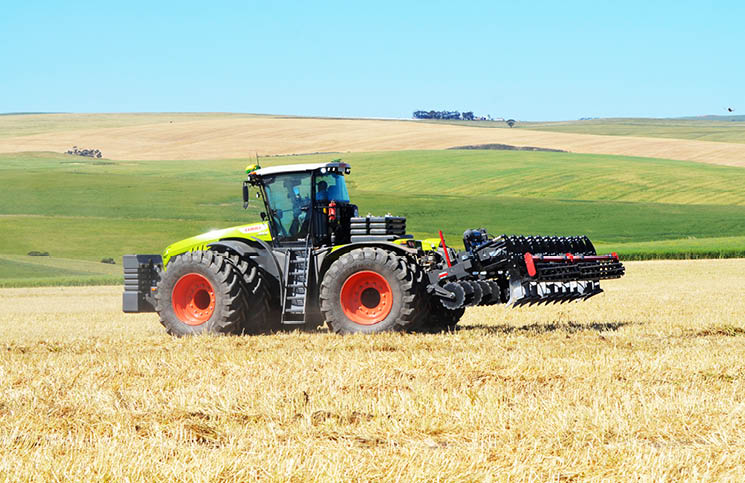For the past two months we have reflected on the storms that battered South African agriculture—tariffs, trade uncertainty, climate pressures, and infrastructure bottlenecks. But opportunity does not simply arrive—it is created by those who act. The time has come to stop looking back at challenges and start seizing the possibilities ahead.
South Africa’s agricultural sector is now moving decisively, turning risk into reward, and positioning itself as a resilient, innovative force in the global food economy.
Turning Tariffs into Opportunities
The imposition of a 30% US tariff on key exports shocked farmers and exporters, but leaders warn that paralysis is the real risk. The US remains a “fantastic market,” offering counter-seasonal opportunities for fruit such as citrus, grapes, and berries, alongside high-value exports like wine. Strong relationships with US buyers are helping exporters weather the storm, proving that reputation is as valuable as product. The bigger opportunity lies in diversification—pursuing new markets across Asia, Africa, and the Middle East where demand is booming.
The latest Agbiz report identifies untapped export potential exceeding USD 2 billion in the UAE, Saudi Arabia, Japan, and South Korea.
These markets, dependent on imports and open to new partnerships, are hungry for South African fruit, wine, meat, and processed foods. While agriculture pushes for liberalisation, policymakers must also balance sensitivities in other industries, making this opportunity both bold and strategic.
Growth Opportunities Across Value Chains
Despite global turbulence, agriculture is proving remarkably resilient, with 13.8% year-on-year growth. Fruit remains a powerhouse: lemon and macadamia prices have rebounded, table grape exports surged with better port efficiency, and Botswana’s reopening boosted fruit and vegetable trade across the region. Livestock is also turning a corner—falling feed prices and improved control of Foot-and-Mouth Disease are strengthening profitability.
The Spirit of Ubuntu (“I am because you are”)
At the G20 Agriculture Ministers’ Meeting in Somerset West during September, the spirit of Ubuntu shaped new initiatives: climate-smart insurance, blended finance compacts, and skills deals for women and youth. These are not promises, but practical tools to expand opportunity across the sector.
At home, technology is also reshaping farming—from satellite irrigation to real-time soil sensors—making production more sustainable and globally competitive. Biosecurity, once a burden, is now a differentiator, opening doors to premium markets through traceability and reliability.
What We Must Do to Make a Difference
South Africa’s future in agriculture depends on action. To stay globally competitive, the sector must diversify markets and strengthen logistics, while investing in innovation and ensuring that new technologies are accessible to all farmers. Building trust through robust biosecurity and strong trade relationships will be essential, alongside creating space for women and youth so that opportunity is shared widely. At the same time, leveraging finance and insurance can turn risks into growth platforms, ensuring resilience and long-term prosperity.
The only real risk is doing nothing. After two months of reflecting on our challenges, this is the moment to act. Our story is no longer one of survival—it is one of opportunity. The difference will be made by what we choose to do next.
